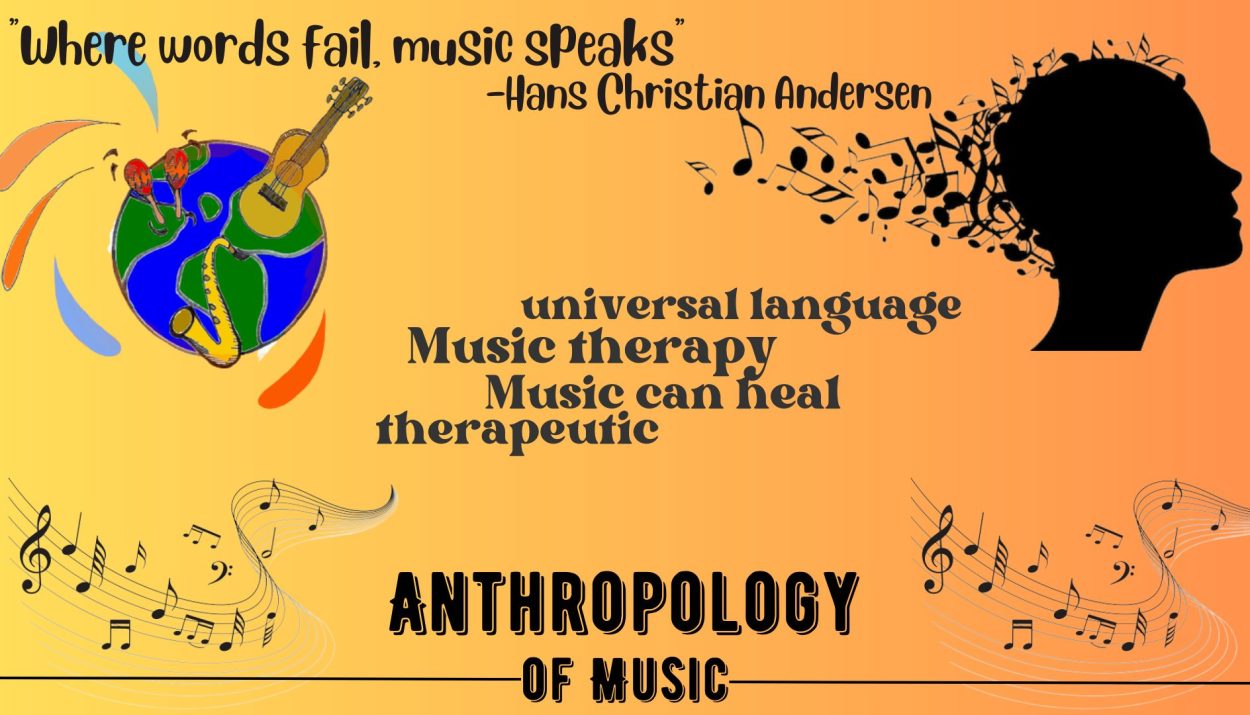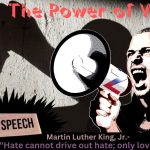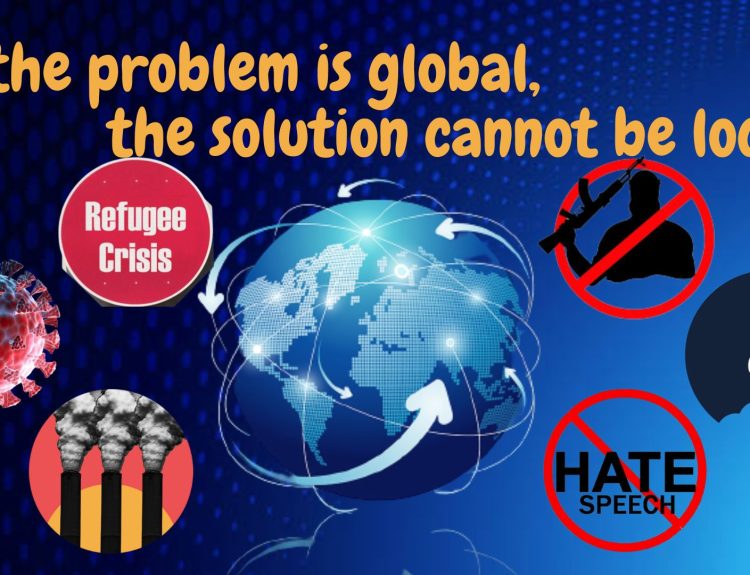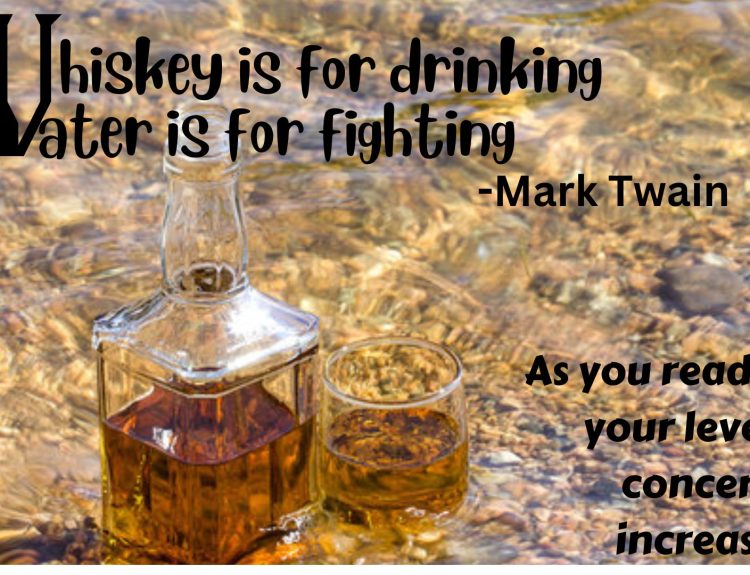Music, with its rhythmic melodies and captivating harmonies, has the power to transcend boundaries and connect people across cultures. But beyond its artistic allure, music holds a profound anthropological significance. The anthropology of music explores how music is created, performed, and experienced within different societies, shedding light on the intricate interplay between culture, identity, and sound.
Across nearly every culture throughout history, mothers have engaged in the soothing practice of rocking and singing their infants to sleep. A humbling observation derived from lullabies is that the tranquillity they bring is not solely dependent on the song’s lyrics. Although the baby may not comprehend the meaning of the words, the melodic sound itself has a profound impact on creating a peaceful ambience.
Ethnomusicology
Ethnomusicology is the interdisciplinary study of music in its cultural and social contexts. It combines elements of anthropology, musicology, sociology, and cultural studies to examine the diverse ways in which music is created, performed, experienced, and understood within different societies and cultures.
Ethnomusicologists investigate the role of music in society, exploring its cultural significance, historical development, and how it reflects and shapes identities and social structures. They study a wide range of musical practices, from traditional folk music to contemporary popular music, in various parts of the world.
Music and Culture
Music serves as a cultural tapestry, weaving together the threads of beliefs, values, and traditions. Each society boasts a unique musical heritage that mirrors its history, social structures, and worldviews. From the mesmerizing rhythms of West African drumming to the soul-stirring chants of Native American powwows, the music reflects the collective experiences and aspirations of a community.
One of the most remarkable aspects of music is its ability to express and reinforce cultural identities. In indigenous communities, music acts as a conduit for ancestral knowledge and spiritual connections. Traditional instruments and vocal techniques carry the echoes of generations past, preserving cultural memory. Similarly, modern genres such as hip-hop and reggae serve as platforms for marginalized voices, fostering identity affirmation and social commentary.
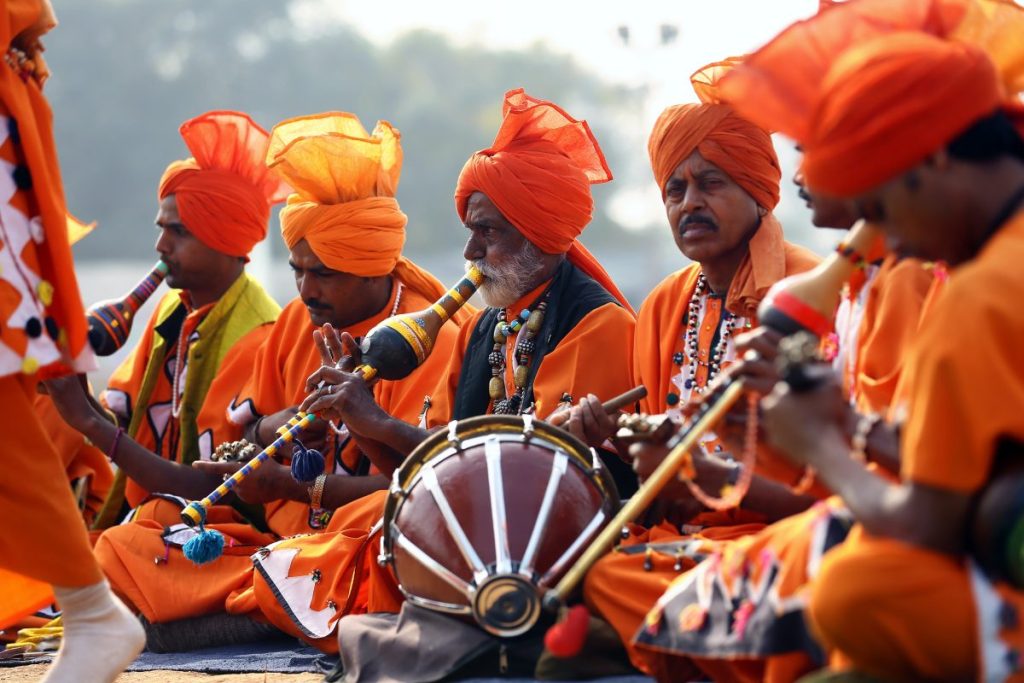
In an increasingly interconnected world, musical traditions often intersect, leading to cross-cultural influences and fusion. Migration, trade, and colonization have resulted in the blending of musical styles and the emergence of new genres. Furthermore, music has a unique ability to transcend language barriers. It can reach a diverse range of audiences, regardless of their cultural or linguistic backgrounds.
Music and Society
Beyond its role as an artistic expression, music has long served as a vehicle for social commentary and political resistance. Protest songs and anthems have played a pivotal role in movements for civil rights, decolonization, and social justice.
Firstly, music serves as a platform for artists to express their perspectives, beliefs, and experiences. By addressing social issues, such as inequality, discrimination, environmental concerns, or political unrest, musicians can raise awareness and ignite conversations about important topics. Songs become a medium for storytelling and shedding light on marginalized voices, amplifying their narratives and advocating for justice and equality.
Whether it’s conveying the pain of social injustice or the joy of unity, music has the potential to bridge divides and bring people together through shared emotions and experiences. Music also has the power to inspire and motivate individuals to take action. Songs with empowering and uplifting messages can instil a sense of hope, resilience, and determination in listeners, motivating them to contribute to positive change in their communities. Such songs can serve as anthems for social movements, providing a rallying cry and a sense of unity for those fighting for a better world.
Here are some music recommendations that carry social messages:
“Imagine” by John Lennon – This iconic song encourages listeners to envision a world without divisions and to embrace peace and unity.
“Formation” by Beyoncé – Beyoncé’s powerful anthem celebrates Black culture, identity, and resilience while addressing themes of empowerment, racial equality, and self-love.
“Born This Way” by Lady Gaga – A song promoting self-acceptance, equality, and LGBTQ+ rights, encouraging listeners to embrace their individuality and celebrate diversity.
Read- It’s Okay to Be Homosexual
“Redemption Song” by Bob Marley – Marley’s timeless classic highlights themes of freedom, emancipation, and liberation from oppression.
Remember, these are just a few examples, and there are countless songs across different genres that carry powerful social messages.
Music, Rituals and Ceremonies
Music is an integral part of rituals and ceremonies across cultures. From birth to death, music accompanies significant life events, marking transitions and invoking emotions. The hypnotic sounds of ritualistic chants or the joyful melodies of wedding processions are deeply embedded in the fabric of cultural practices. The anthropology of music reveals how these musical rituals strengthen social bonds, establish community cohesion, and provide individuals with a sense of belonging.

Beyond religious and cultural contexts, music is also utilized in secular ceremonies and rites of passage. Graduations, inaugurations, award ceremonies, and even sporting events all incorporate music to heighten the atmosphere, evoke emotions, and commemorate significant achievements. In these instances, music acts as a catalyst for collective emotions, inspiring a shared sense of pride, joy, or motivation.
Here are a few examples of music connected with rituals from various cultures and traditions:
“Sufi Qawwali” – Qawwali is a form of devotional music in Islamic Sufism, typically performed in religious ceremonies and rituals, characterized by passionate vocals and rhythmic patterns.
“Hindustani Classical Music” – This classical music tradition of North India includes ragas and compositions that are performed in various Hindu rituals, including weddings, religious festivals, and prayer ceremonies.
“Native American Flute Music” – The haunting melodies of the Native American flute is often used in indigenous ceremonies and rituals, connecting people with nature and ancestral spirits.
“Gregorian Chant” – This form of sacred music, performed in monastic communities, is associated with Catholic rituals and has a meditative and devotional quality.
The Healing Power of Music Therapy
Music possesses a profound influence on our minds, a fact that may not have escaped your attention. As Hans Christian Andersen eloquently expressed, “Where words fail, music speaks,” a sentiment that resonates with many individuals. Whether we seek solace in sad times, celebrate moments of joy, or simply yearn to fill the silence within, music has the power to address these needs. In many ways, listening to music can be considered a therapeutic experience.
Music therapy encompasses the utilization of music interventions that are clinically validated and supported by evidence, aiming to achieve personalized objectives. However, it’s important to note that not everyone can become a music therapist. These professionals undergo specialized training and accreditation to employ diverse musical instruments as a means to attain health care objectives.
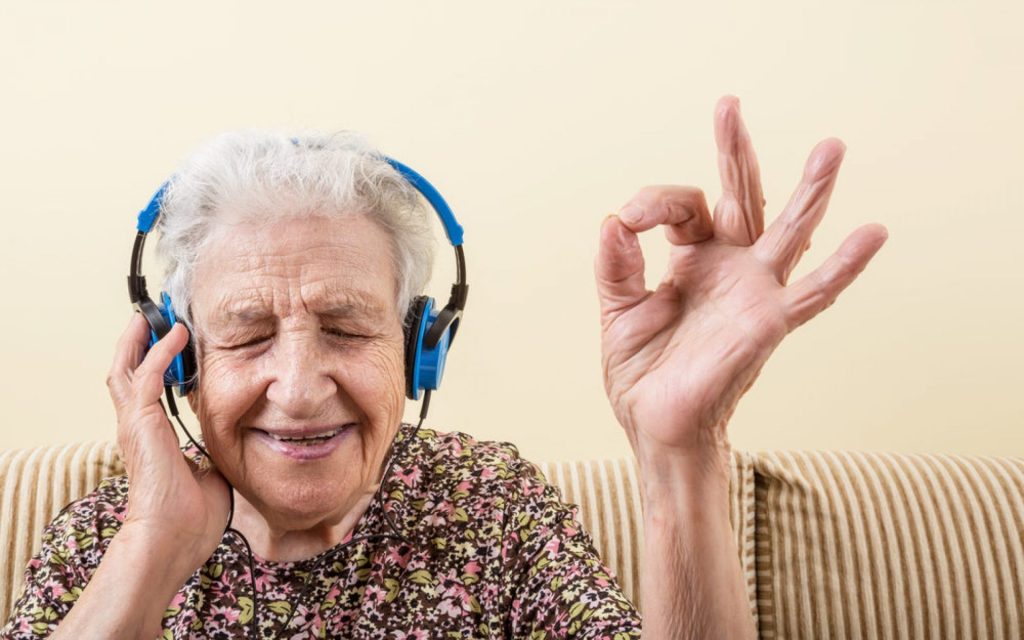
Music has long been recognized as a universal language that can touch our hearts and stir our souls. Beyond its aesthetic appeal, music possesses a unique ability to heal and promote well-being. Music therapy, a field that harnesses the therapeutic qualities of music, has gained significant recognition as an effective and evidence-based form of treatment.
The Therapeutic Elements of Music are Emotional Expression and Regulation, Stress Reduction and Relaxation, Cognitive Stimulation and Rehabilitation and Social Connection and Communication. Music therapy is a versatile and adaptable therapeutic approach, with applications in various settings, including healthcare, special education, mental health and elderly care. Music therapy continues to demonstrate its capacity to transform lives and enhance the overall quality of life.
International organization
The UN Chamber Music Society of the United Nations Staff Recreation Council (UNCMS) comprises talented musicians and enthusiasts of classical chamber music from the international community. This society actively upholds the principles and values of the United Nations by utilizing the universal language of music. Embracing the profound depth and emotional connection found in chamber music, the group recognizes its potential to captivate audiences and contribute to the promotion of universal ideals enshrined in the United Nations Charter. These ideals include peace, human rights, cultural respect, human dignity, and gender equality.
UNESCO Cities of Music is a creative network established by the United Nations Educational, Scientific and Cultural Organization (UNESCO) to recognize and promote cities that have made significant contributions to music and its cultural heritage. These cities are celebrated for their vibrant music scenes, commitment to music education, promotion of diverse musical genres, and the fostering of cultural exchange.
The inclusion of music on the UNESCO List of Intangible Cultural Heritage recognizes its diverse forms, genres, and traditions across the globe. This includes traditional, folk, and indigenous music, as well as contemporary forms that carry cultural significance.
The UNESCO Collection of Traditional Music of the World is an extraordinary archival project that seeks to preserve and promote the rich musical heritage of various cultures around the globe. The primary goal of the UNESCO Collection of Traditional Music is to document, record, and archive traditional music from diverse regions and communities. Through extensive fieldwork, ethnomusicologists and recording experts have travelled to different parts of the world, collaborating with local musicians, scholars, and communities to capture and document traditional musical expressions.
Conclusion
Music stands as the most powerful modulator of a mood ever conceived. Music possesses the ability to reconnect us with emotions that we require but has lost touch with. It helps us come to terms with our internal sadness, which we have had to bear. Music can bestow dignity upon our sorrows, providing a framework and containment for what would otherwise be overwhelming grief. Like a consoling parent, music is a comforting presence in moments of despair. It guides us back to life, gently nudging us to return to a mindset of generosity and hope.
Music transports us beyond the realm of the ordinary, allowing us to transcend the mundane and examine ourselves from a lofty vantage point. A fulfilling existence necessitates not only a library of ideas but also an expansive and ever-evolving playlist that systematically guides us back to our more optimistic, sensitive, and resilient selves.
“I hope the music you discover brings you peace and happiness. May the melodies you hear bring you calmness, ignite your excitement, and remind you of the beauty in the world. Thank you for reading and exploring the power of music.”
References
UNESCO Collection of Traditional Music of the World
Lists of Intangible Cultural Heritage
UN Chamber Music Society of the United Nations Staff Recreation Council


